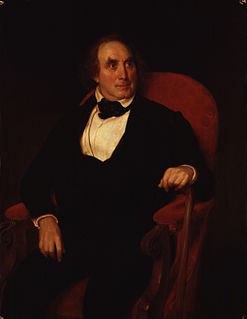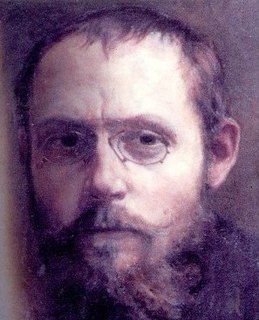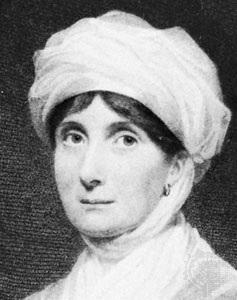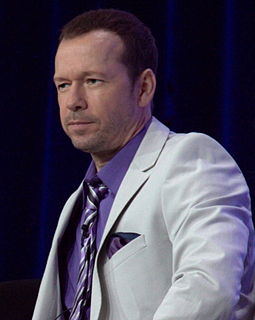A Quote by Chanakya
He whose son is obedient to him, whose wife's conduct is in accordance with his wishes, and who is content with his riches, has his heaven here on earth.
Related Quotes
I respect not his labors, his farm where everything has its price, who would carry the landscape, who would carry his God, to market, if he could get anything for him; who goes to market for his god as it is; on whose farm nothing grows free, whose fields bear no crops, whose meadows no flowers, whose trees no fruits, but dollars.
What delight To back the flying steed, that challenges The wind for speed! - seems native more of air Than earth! - whose burden only lends him fire! - Whose soul, in his task, turns labour into sport; Who makes your pastime his! I sit him now! He takes away my breath! He makes me reel! I touch not earth - I see not - hear not. All Is ecstasy of motion!
Who stands firm? Only the one for whom the final standard is not his reason, his principles, his conscience, his freedom, his virtue, but who is ready to sacrifice all these, when in faith and sole allegiance to God he is called to obedient and responsible action: the responsible person, whose life will be nothing but an answer to God's question and call.
Gil-galad was an Elven-king. Of him the harpers sadly sing: the last whose realm was fair and free between the Mountains and the Sea. His sword was long, his lance was keen, his shining helm afar was seen; the countless stars of heaven's field were mirrored in his silver shield. But long ago he rode away, and where he dwelleth none can say; for into darkness fell his star in Mordor where the shadows are.
And he arose and came to his father. But while he was still a long way off, his father saw him and felt compassion, and ran and embraced him and kissed him. And the son said to him, 'Father, I have sinned against heaven and before you. I am no longer worthy to be called your son. But the father said to his servants, 'Bring quickly the best robe, and put it on him, and put a ring on his hand, and shoes on his feet. And bring the fattened calf and kill it, and cet us eat and celebrate. For this my son was dead, and is alive again; he was lost, and is found.' And they began to celebrate.
At that instant he knew that all his doubts, even the impossibility of believing with his reason, of which he was aware in himself, did not in the least hinder his turning to God. All of that now floated out of his soul like dust. To whom was he to turn if not to Him in whose hands he felt himself, his soul, and his love?
































